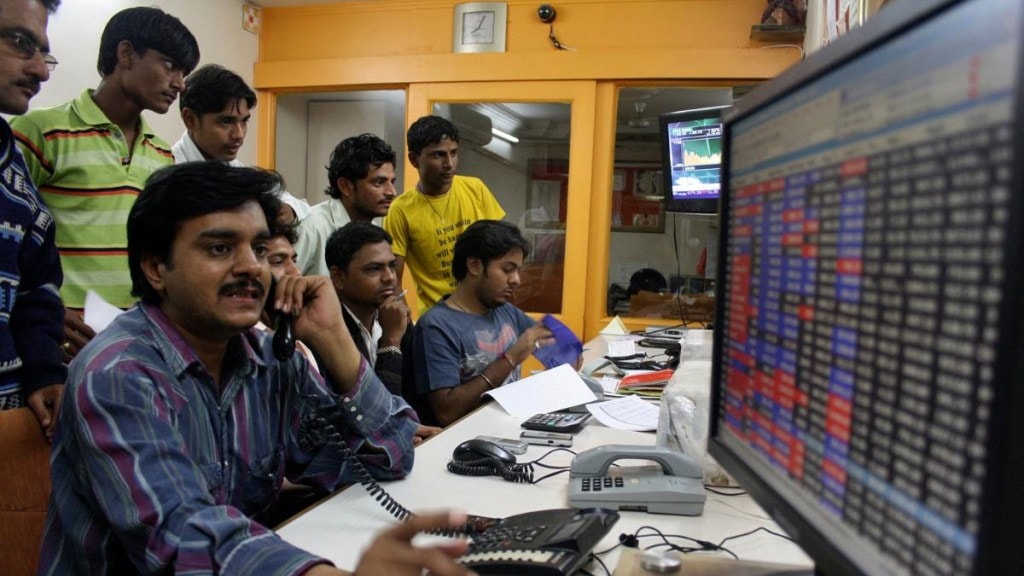Foreign institutional investors (FII) purchased shares worth net Rs 255.52 crore, while domestic institutional investors (DII) added shares worth net Rs 457.39 crore on November 23, 2023, according to the provisional data available on the NSE.
For the month till November 23, 2023, FIIs sold shares worth net Rs 7,726.93 crore while DIIs bought shares worth net Rs 9,680.38 crore. In the month of October, FIIs offloaded shares worth net Rs 29,056.61 crore while DIIs added equities worth a net Rs 25,105.86 crore.
“Range-bound momentum continued on main indexes as the market looked for new triggers for a decisive move beyond the 19,800 level. However, broad markets’ undercurrent is strong and rapid buying has emerged in the mid- and small-cap counters as bargaining strategy arose on recent underperforming stocks. The declining oil prices and ease in US bond yields are the key positives for a broader recovery for the market. The European market was mixed ahead of the ECB minutes and the release of manufacturing index data,” said Vinod Nair, Head of Research at Geojit Financial Services.
Previously, on Thursday, the NSE Nifty 50 ended down by 9.85 points or 0.05% to settle at 19,802, while the BSE Sensex ended flat at 66,017.81 down merely by 5.43 points or 0.01%.
Foreign institutional investors (FII) or Foreign portfolio investors (FPI) are those who invest in the financial assets of a country while not being part of it. On the other hand, domestic institutional investors (DII), as the name suggests, invest in the country they’re living in. Political and economic trends impact the investment decisions of both FIIs and DIIs. Additionally, both types of investors – foreign institutional investors (FIIs) and domestic institutional investors (DIIs) – can impact the economy’s net investment flows.

